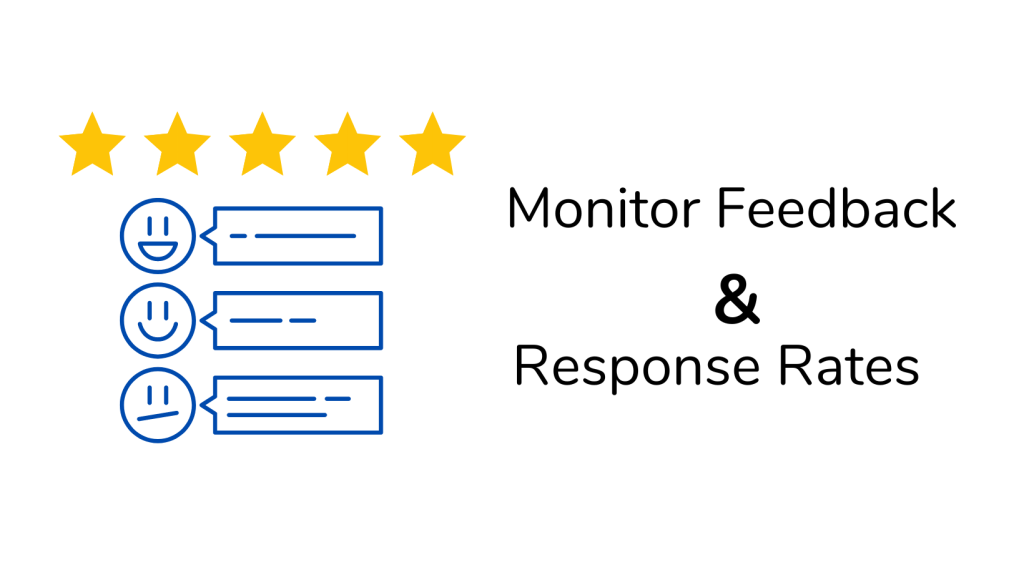In today’s digital age, messaging has become an integral part of customer relationship management (CRM) strategies for businesses of all sizes. By communicating with customers through messaging platforms, businesses can provide a personalized experience that drives engagement and increases customer satisfaction. But how can businesses measure the effectiveness of their messaging campaigns in a CRM context? In this article, we will discuss some tips and best practices for measuring the ROI of your CRM messaging campaigns.
- Define Your Metrics
The first step in measuring the effectiveness of your CRM messaging campaigns is to define the metrics that matter. Depending on your business goals and objectives, the metrics that you track may vary. Some common metrics for measuring the success of messaging campaigns include:
- Open rates: The percentage of recipients who opened your message
- Click-through rates: The percentage of recipients who clicked on a link or call-to-action in your message
- Conversion rates: The percentage of recipients who took a desired action, such as making a purchase or filling out a form
- Response rates: The percentage of recipients who replied to your message
- Conduct A/B Testing
A/B testing is a powerful tool that businesses can use to optimize their messaging campaigns. By testing different variables, such as message length, tone, or call-to-action, businesses can identify which factors have the greatest impact on engagement and conversion rates. When conducting A/B testing, it’s important to test one variable at a time to get accurate results.
- Integrate Messaging Data with CRM Data
To get a complete picture of customer engagement, businesses should integrate messaging data with CRM data. This allows businesses to track how messaging campaigns impact customer behavior over time and identify which campaigns have the greatest ROI. Integrating messaging data with CRM data also allows businesses to segment their audience and create targeted messaging campaigns that are more likely to drive engagement.
- Monitor Feedback and Response Rates

Feedback and response rates are a key indicator of the effectiveness of your messaging campaigns. By monitoring feedback and response rates, businesses can identify areas where they need to improve their messaging strategy. For example, if customers consistently report that they find your messages too salesy, it may be time to adjust your tone or messaging approach.
Use Analytics Tools
Analytics tools, such as Google Analytics, can provide valuable insights into the effectiveness of your messaging campaigns. By tracking user behavior on your website or landing pages, you can identify which campaigns are driving the most traffic and conversions. Analytics tools can also help you identify which messaging channels, such as SMS or WhatsApp, are most effective for your audience.
Conclusion
Measuring the effectiveness of your CRM messaging campaigns requires a strategic approach and a willingness to test and optimize. By defining your metrics, conducting A/B testing, integrating messaging data with CRM data, monitoring feedback and response rates, and using analytics tools, you can identify which messaging campaigns have the greatest ROI and optimize your messaging strategy for maximum engagement and customer satisfaction.


